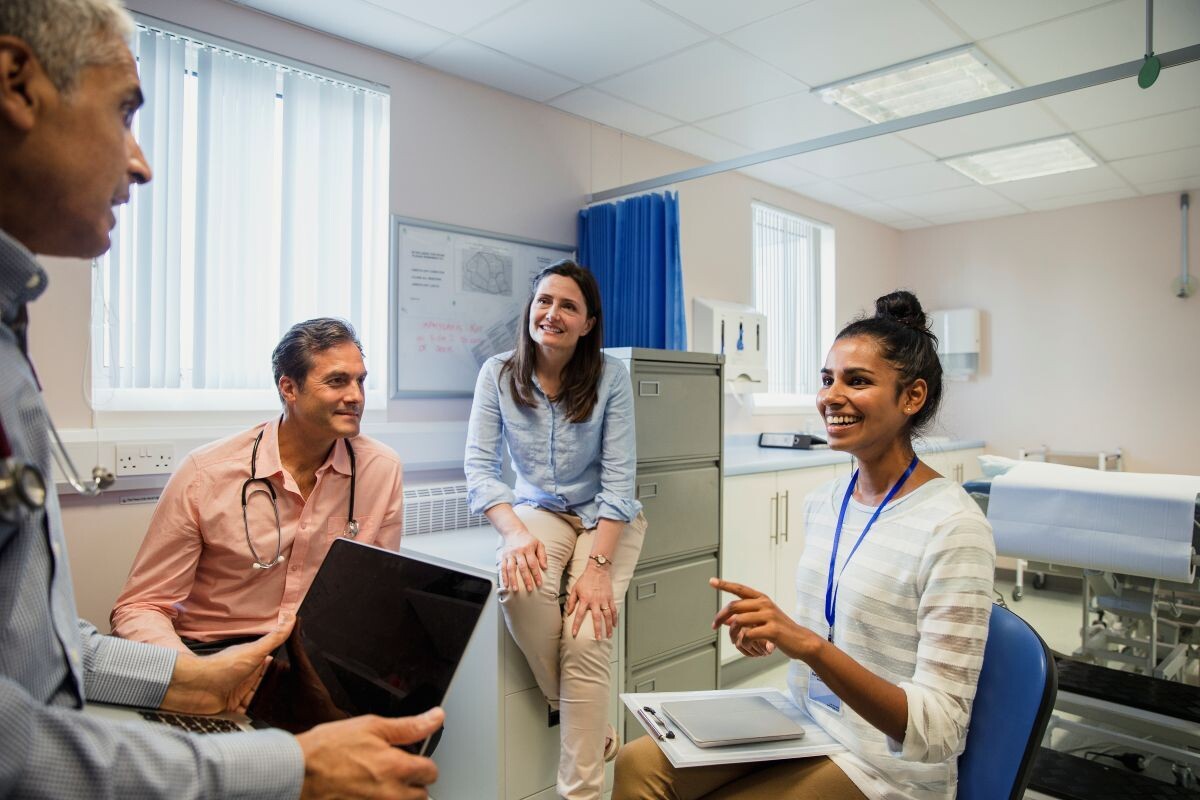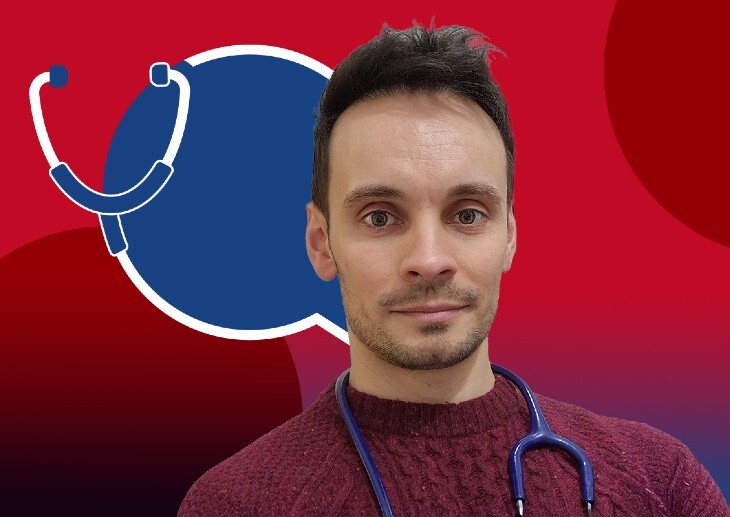GPs are struggling with their workload more than other doctor groups, according to a report by the General Medical Council (GMC), published today.
The doctor regulator’s annual survey on the state of medical education and practice in the UK found 44% of GPs are struggling with workload, compared with just 29% of respondents overall.
The figure for GPs was a slight improvement compared to last year’s survey (48%) but again meant they were the worst-affected by workload among all doctor groups.
In all, 4,697 doctors responded to the survey that formed the basis of the report, including 1,076 GPs, as well as specialists, doctors in training, SAS doctors and locally employed doctors.
The survey, carried out last autumn, found GPs were twice as likely to identify ‘pressure on workloads’ as the most significant barrier to providing good patient care (32% compared to 16%).
Other findings included:
- GPs were the least likely to be satisfied with their job (48% compared to 59% of all doctors), a slight improvement on last year’s survey (42%) but still the lowest of the main doctor groups,
- Nearly half of GPs (47%) felt unable to cope with their workload at least once a week compared with 33% of all doctors,
- However, GPs were the most likely to feel part of a supportive team (78% of those surveyed).
The report called on healthcare leaders to continue to analyse and promote understanding of how to deliver improvements that address the challenges brought up in the survey.
GMC chief executive Charlie Massey said the results showed that ‘a concerted effort from the whole healthcare system to drive real change’ was needed.
He said: ‘Like any profession, doctors who are disillusioned with their careers will start looking elsewhere.
‘Doctors need to be satisfied, supported, and see a hopeful future for themselves, or we may risk losing their talent and expertise altogether.
‘Achieving this requires modernising the current training system, so it meets the needs of doctors and patients.
Meanwhile, the Health Foundation said it was a ‘stark warning’ and a ‘wake-up call’ for policymakers.
Senior policy fellow Luisa Pettigrew said: ‘The findings that GPs are more likely to be struggling with their workload and least likely to be satisfied than other doctors pose a major challenge to the Government’s ambition to shift care from hospitals into the community.
‘Without a stable and supported GP workforce, this vision is unlikely to be realised.
‘Mounting pressures are driving GPs to reduce their hours or leave NHS general practice altogether, creating a vicious cycle that increases strain on remaining staff and makes recruitment harder.’
And she said that while there have been ‘recent efforts to expand the workforce including increasing GP trainee numbers’ primary care ‘has long suffered from underinvestment, particularly relative to secondary care, leaving staff overstretched and demoralised’.
‘For general practice the focus must be on improving retention, aligning incentives to enable the recruitment of newly qualified GPs and creating better working conditions. Without it, we risk losing more GPs and communities will feel the impact through reduced access to vital primary care services.’
In June, ONS figures suggested that three in four patients were finding it easier to contact a GP practice, which was up 12% from July 2024.
A version of this story was first published on our sister title Pulse.




